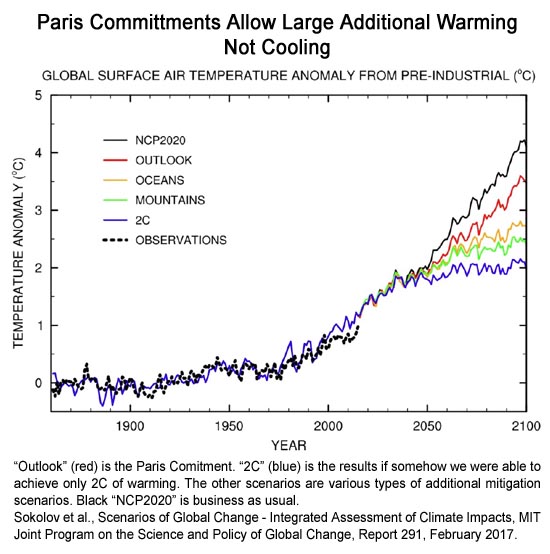
Why are climate change impacts so much worse than projected? What does it mean? Why don’t we do something? In a nutshell, science is conservative, it’s slow, and the great climate consensus that has evolved to protect our society compounds the understating nature of the industry of science. This creates a vastly understating public facing message. …









